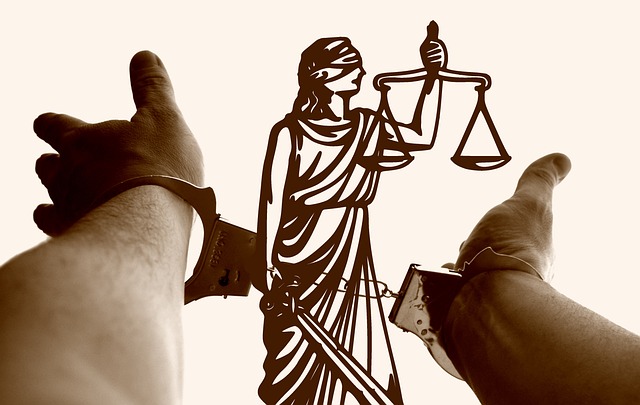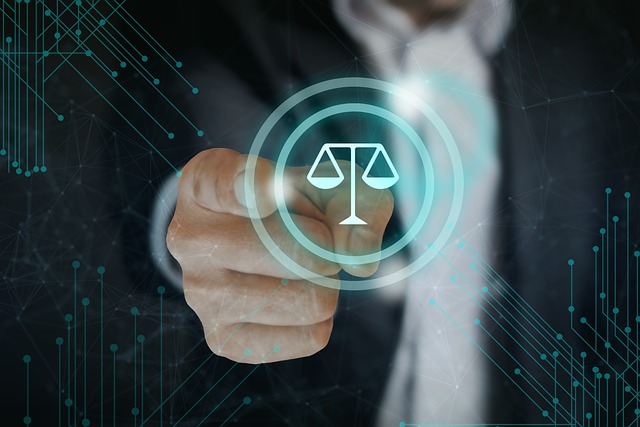The RF Securities Industry Regulation is a cornerstone for maintaining fair markets, encompassing rules aimed at risk mitigation, investor protection, and market integrity. Regulatory bodies interpret these regulations, tackling challenges like compliance disputes, licensing controversies, and enforcement actions. Common issues in administrative law cases include complex regulation interpretation, procedural disputes, and authority scope disagreements. Independent regulators ensure transparency and accountability, overseeing market activities, investigating violations, and addressing securities fraud. Technology advances both efficiency and complexity in compliance monitoring, necessitating robust data protection measures. International borders pose significant challenges due to varying regulations, highlighting the need for global coordination among regulatory bodies to establish uniform guidelines.
“The RF Securities Industry Regulation stands as a cornerstone for maintaining integrity and fairness within financial markets. This comprehensive guide explores pivotal aspects of regulatory governance, shedding light on the intricate balance between fostering growth and safeguarding investors. From understanding foundational principles to delving into the complexities of administrative law cases, we uncover common challenges in enforcement. Furthermore, we analyze the transformative impact of technology on regulatory compliance, highlighting both opportunities and potential pitfalls. Finally, an international lens is applied to the harmonization of global securities market regulations.”
- Understanding RF Securities Industry Regulation: A Foundation for Fair Markets
- Common Issues in Administrative Law Cases: Uncovering Challenges in Regulatory Enforcement
- The Role of Independent Regulators: Ensuring Transparency and Accountability
- Impact of Technological Advancements on Regulatory Compliance: Opportunities and Pitfalls
- International Perspectives: Harmonizing Regulations for Global Securities Markets
Understanding RF Securities Industry Regulation: A Foundation for Fair Markets
The RF Securities Industry Regulation is a cornerstone in ensuring fair and transparent markets. It encompasses a complex web of rules and guidelines designed to mitigate risks, protect investors, and maintain market integrity. At its heart, this regulation addresses common issues in administrative law cases, such as disputes over regulatory compliance, licensing, and enforcement actions. By holding financial institutions and professionals accountable, it fosters an environment conducive to achieving extraordinary results—not just for regulators, but for all participants.
Regulatory bodies play a pivotal role in interpreting and enforcing these rules, often involving intricate legal battles. Success in such cases, whether through settlement or winning challenging defense verdicts, relies on a deep understanding of not just the securities laws but also administrative procedures. This includes navigating complex regulations, presenting compelling defenses, and demonstrating compliance, all while addressing potential issues that could arise from common pitfalls in administrative law.
Common Issues in Administrative Law Cases: Uncovering Challenges in Regulatory Enforcement
Administrative law cases often present unique challenges when it comes to regulatory enforcement. Common issues include disputes over the interpretation of complex regulations, allegations of procedural irregularities, and disagreements on the scope of an agency’s authority. These cases frequently involve intricate fact patterns and require a thorough understanding of both the specific industry and the applicable legal framework.
One significant challenge is balancing the need for effective regulation with the potential for overreach by regulatory bodies. This balance is crucial for maintaining a healthy respective business environment, ensuring fairness among market participants, and fostering innovation while adhering to necessary safety measures. Moreover, cases may involve navigating the interplay between national and international regulations, especially in industries with global reach. The outcome of these administrative law cases can have far-reaching implications, impacting not only the immediate parties but also the broader philanthropic and political communities, potentially leading to a complete dismissal of all charges or significant modifications to existing regulatory frameworks.
The Role of Independent Regulators: Ensuring Transparency and Accountability
The role of independent regulators is pivotal in maintaining integrity within the RF Securities Industry. These regulatory bodies, often with specialized expertise in financial markets, are tasked with ensuring transparency and accountability—crucial elements for investor confidence. They oversee market activities, monitor compliance with laws and regulations, and investigate potential violations, addressing common issues in administrative law cases that may arise.
By implementing robust oversight mechanisms, independent regulators contribute to an unprecedented track record of fairness and stability. Their general criminal defense strategies focus on preventing and mitigating securities fraud, insider trading, and other misconduct. This proactive approach not only punishes wrongdoers but also strengthens the industry’s defenses against future legal pitfalls, ultimately avoiding indictments in cases that might otherwise have compromised market integrity.
Impact of Technological Advancements on Regulatory Compliance: Opportunities and Pitfalls
The securities industry’s regulatory landscape has undergone a significant transformation with the advent of technology. While digital tools offer unprecedented efficiency in compliance monitoring, they also introduce novel challenges for regulators and firms alike. As markets become increasingly global and data-driven, tracking and enforcing regulations across diverse jurisdictions have become more complex.
Technological advancements provide opportunities to streamline regulatory processes. Automated systems can analyze vast amounts of data, identifying potential violations faster and more accurately than manual methods. However, they also create common issues in administrative law cases due to the need for robust data protection measures, ensuring privacy and preventing misuse of sensitive information. Moreover, as regulators embrace technology, so do market participants, potentially leading to new forms of misconduct that must be addressed through evolving legal frameworks and all stages of the investigative and enforcement process. Firms must stay ahead, implementing stringent internal controls and training programs for their employees, especially when navigating the intricate web of international regulations applicable to their respective business.
International Perspectives: Harmonizing Regulations for Global Securities Markets
The securities industry faces a unique challenge when navigating international borders, as regulations vary widely across countries. Harmonizing these rules is essential to fostering efficient global markets and protecting investors. Common issues in administrative law cases, such as white-collar and economic crimes, often transcend jurisdictional lines, demanding coordinated efforts from regulatory bodies worldwide. An unprecedented track record of successful prosecutions in high-stakes cases underscores the need for consistent international standards.
Regulatory bodies must collaborate to establish uniform guidelines that address complex cross-border transactions while respecting individual nation’s legal frameworks. This approach ensures a level playing field and enhances market integrity. By harmonizing regulations, jurisdictions can collectively combat market manipulation, money laundering, and other illicit activities more effectively, ultimately strengthening investor confidence in global securities markets.
The RF Securities Industry Regulation is a complex yet essential framework that shapes fair market practices. By addressing common issues in administrative law cases, promoting transparency through independent regulators, and navigating technological advancements, regulatory bodies can ensure compliance while fostering global harmony in securities markets. Understanding these dynamics is crucial for investors, institutions, and policymakers alike to navigate the dynamic landscape of financial governance.






